Understanding the Gut-Brain Connection for Holistic Wellbeing
Imagine waking up with constant fatigue, mood swings, or anxiety—and your doctor says, “Let’s start by looking at your gut.” Surprising? You’re not alone. Many people are unaware that their mental health could be directly linked to what’s happening in their digestive system. Lets explore how your gut might be the missing piece in your mental wellness journey.
Why the Gut-Brain Axis Matters More Than Ever
Our gut is often called the “second brain” for a good reason. Known medically as the gut-brain axis, this communication system links the emotional and cognitive centres of the brain with intestinal functions. The vagus nerve, hormonal pathways, and immune signals form this powerful two-way street.
In fact, about 90% of serotonin—a key neurotransmitter affecting mood, appetite, and sleep—is produced in the gut, not the brain (Johns Hopkins Medicine, 2023). When your digestive system is inflamed, sluggish, or imbalanced, your mind feels it.
This link has changed the conversation around mental health. Rather than focusing only on the brain, healthcare providers are taking a more holistic approach that includes gastrointestinal health. Addressing gut issues could be the turning point for those struggling with emotional instability.
How Digestive Health Influences Mood and Emotions
Poor digestion is not just a physical issue—it can be a mental health red flag. Recent data published in Frontiers in Psychiatry (2023) show that people with chronic gastrointestinal symptoms are twice as likely to suffer from anxiety and depression compared to those without digestive issues.
When your gut is healthy, it communicates positive signals to your brain. When it’s not, the message is distorted, leading to symptoms like low mood, irritability, brain fog, and fatigue.
The impact is profound and often underestimated. Many people spend years treating emotional symptoms with medication alone, unaware that supporting their digestive system might lead to greater mental stability. It’s a classic case of treating the branches instead of nurturing the roots.
Understanding the Role of the Gut Microbiome
At the heart of this connection is your gut microbiome—the vast ecosystem of bacteria, fungi, and other microbes living in your intestines. A balanced microbiome supports digestion, regulates inflammation, and contributes to hormone production.
However, stress, processed foods, antibiotics, and lack of sleep can throw off this delicate balance, leading to gut dysbiosis—a condition closely linked with mood disorders.
The diversity and richness of your gut microbiome can determine how resilient you are to mental stress. A robust microbiome acts as a protective shield, reducing the risk of neurological and emotional imbalances over time.
Gut Conditions That Impact Mental Wellnes
Several common digestive issues can influence your psychological state:
Irritable Bowel Syndrome (IBS)
IBS isn’t just uncomfortable—it’s emotionally exhausting. Studies have shown that up to 70% of individuals with IBS experience anxiety or depression (NHS, 2023).
Leaky Gut Syndrome
While still under research, increased intestinal permeability may allow toxins into the bloodstream, triggering inflammation that affects the brain’s functioning.
Chronic Constipation and Diarrhoe
Persistent irregular bowel movements can worsen stress levels, interfere with social life, and even trigger panic symptoms.
Probiotics for Mental Wellness and the Power of Prebiotic
Nutrition plays a vital role in gut and mental health. Enter probiotics and prebiotics—two unsung heroes of wellness.
What are Probiotics?
Probiotics for mental wellness are live microorganisms that, when consumed in adequate amounts, offer health benefits. A 2023 meta-analysis in Nutritional Neuroscience found that probiotics significantly reduce symptoms of depression and anxiety in adults.
Common sources include:
- Yoghurt
- Fermented foods like kimchi, kefir, and miso
- Probiotic supplements
The Role of Prebiotics
Prebiotics are dietary fibres that feed the good bacteria in your gut. Think of them as the soil to your gut’s garden. Foods like garlic, onions, bananas, and oats help nourish your microbiome, promoting better mental clarity and emotional stability.
Everyday Tips to Support Gut and Mental Health Together
If you’re looking to make sustainable lifestyle changes, here are practical, science-backed tips:
1. Follow a Plant-Rich Diet
Eating more vegetables, whole grains, legumes, and nuts supports microbiome diversity.
2. Cut Back on Ultra-Processed Food
High-sugar, high-fat foods disrupt gut bacteria and fuel inflammation—both linked to anxiety and depression.
3. Stay Active
Regular physical activity not only boosts your mood but also improves gut motility and microbiome diversity.
4. Manage Stress Effectively
Techniques like yoga, journaling, deep breathing, and mindfulness can reduce gut inflammation and calm the brain.
5. Sleep Well
Poor sleep disrupts your gut-brain connection, leading to a vicious cycle of stress and indigestion.
Final Thought
The idea that your mental health might start in your stomach is no longer radical—it’s science. Addressing gut health is not a quick fix for emotional wellness, but it’s a powerful tool in a holistic care plan.
At Parul Sevashram Hospital, our multidisciplinary approach—combining gastroenterology and mental wellness services—ensures that patients are treated with empathy and evidence-based care. We believe that understanding the gut-brain connection is key to healing both body and mind.
If you’re struggling with chronic gut issues or emotional distress, our expert teams in the Gastroenterology departments are here to help you start your journey to better health.

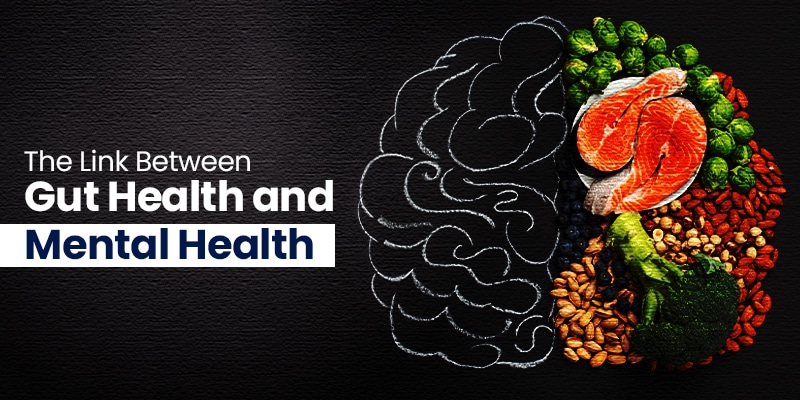

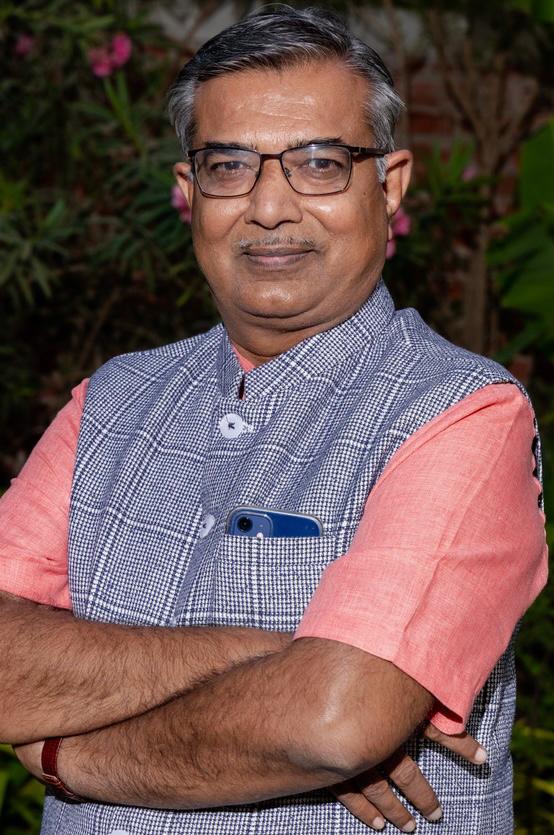 Dr. Jagdish T. Gohil
Dr. Jagdish T. Gohil
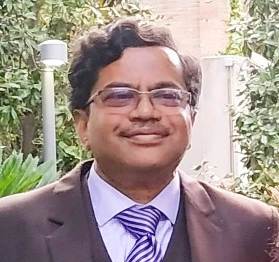

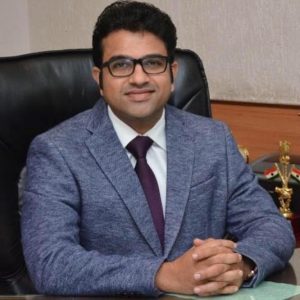
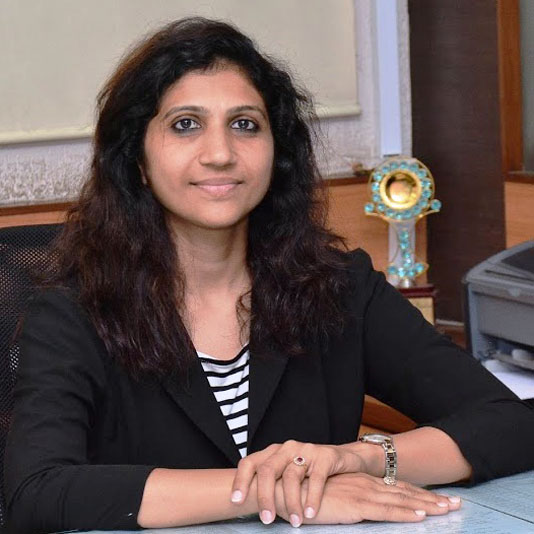
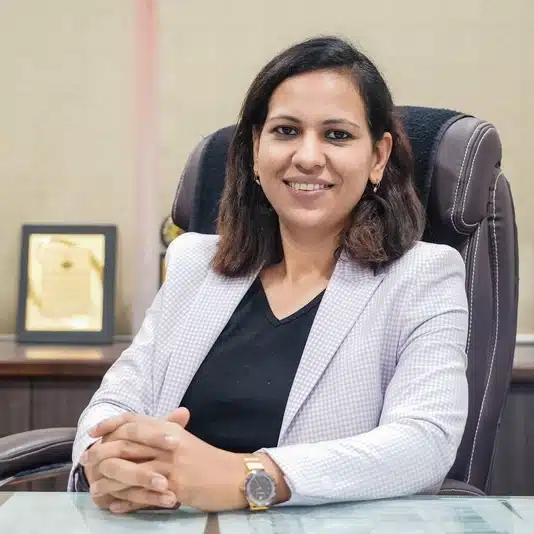
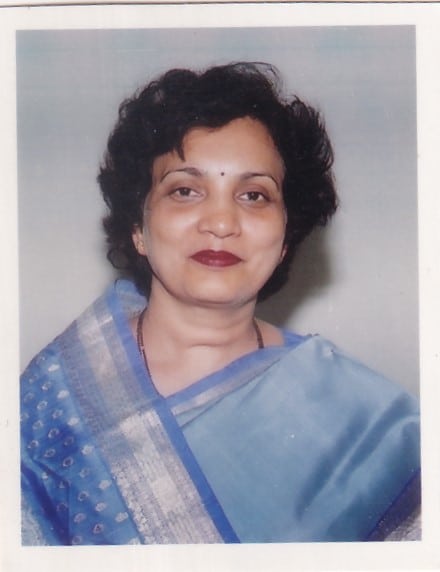 Dr. Mrs. Kalpana R. Sulhyan
Dr. Mrs. Kalpana R. Sulhyan